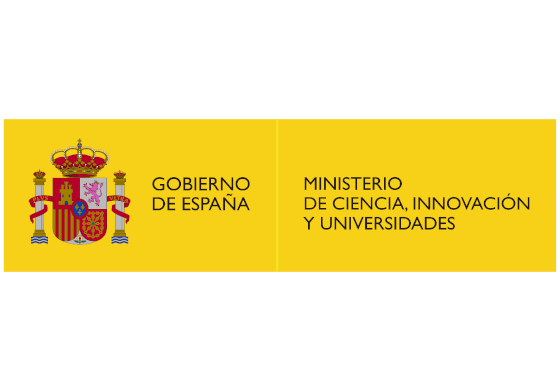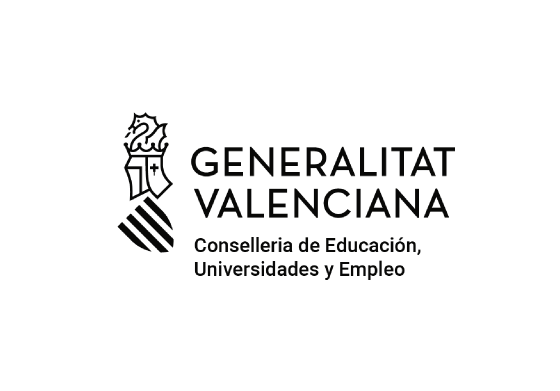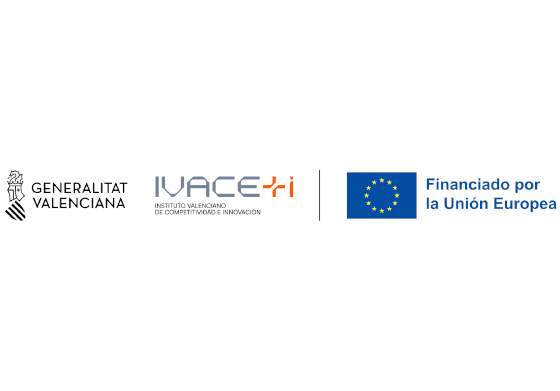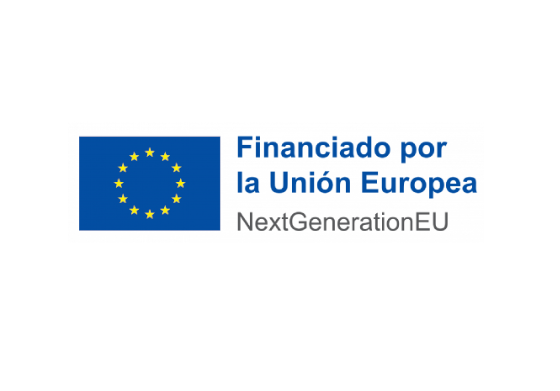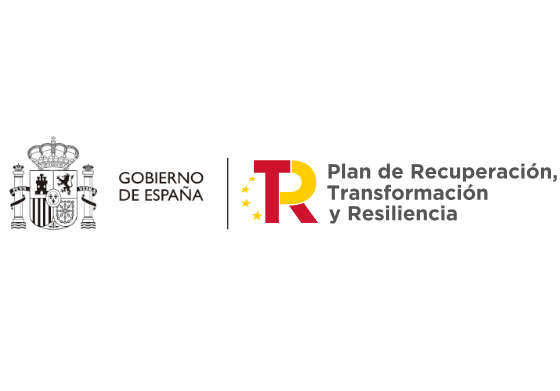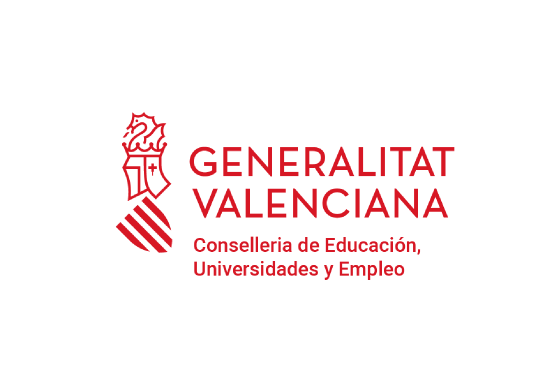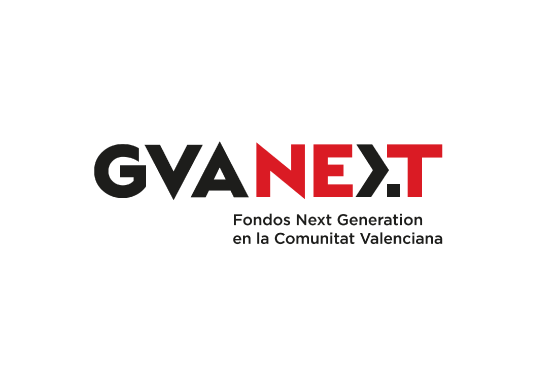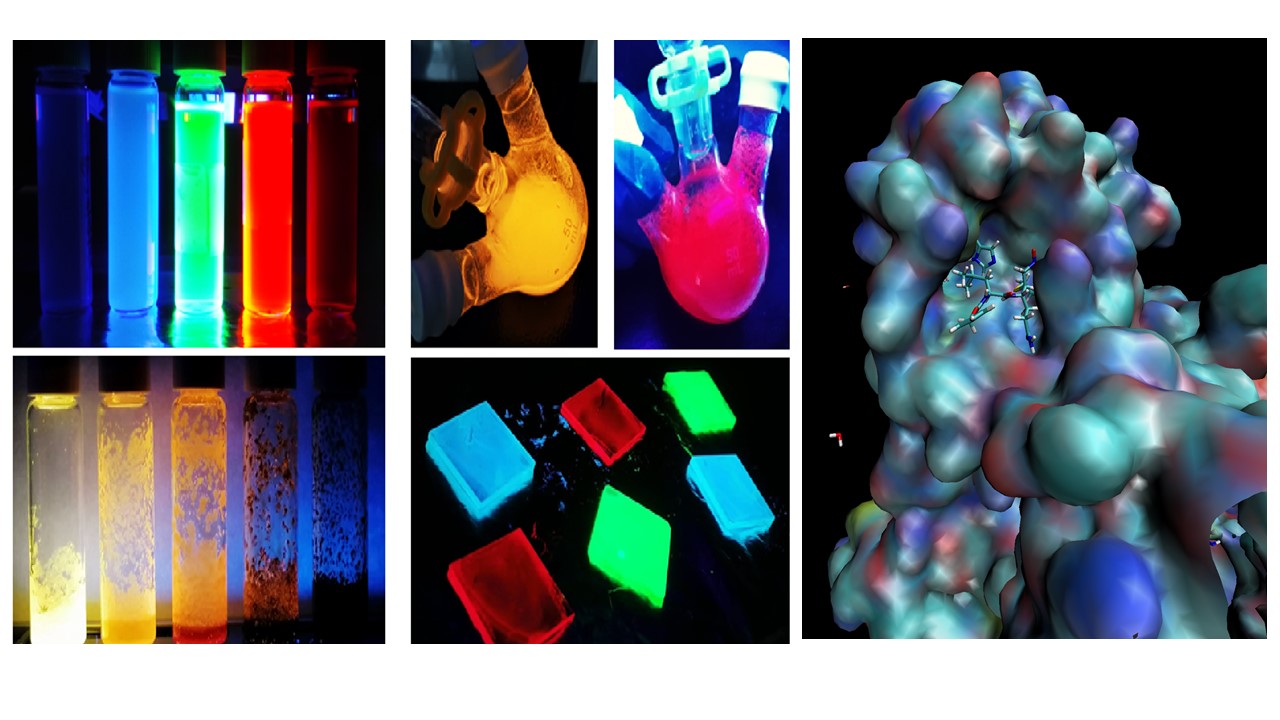
INAM has obtained two new grants from the Prometeo programme financed by the Department of Innovation, Universities, Science and Digital Society of Generalitat Valenciana addressed to research groups of excellence (Prometeo 2022).
One of the Prometeo projects awarded is led by researchers Prof. Vicent Moliner and Dr. Macarena Poyatos entitled “A combined theoretical and experimental approach to the rational design of high value chemicals with implications for biotherapeutic engineering”.
This research project is ultimately aimed at the design of new chemicals with tailored biotherapeutic applications. By combining experimental and computational approaches, we will focus on two main targets: the design and synthesis of SARS CoV-2 antiviral and anti-cancer drugs, metallosupramolecular complexes (from now on hosts) with biomedical applications. These metallosupramolecular hosts will be used both as direct anticancer agents, by means of the generation of singlet oxygen (1O2) for photodynamic therapy (PDT), and as drug delivery/release vectors of other anticancer drugs. Both, theoretical and experimental approaches to the target compounds will be performed by highly skilled researchers with years of experience in their respective fields of research. After the design and synthesis of the compounds, the final stage of the proposal will be the in-vivo testing of the newly designed abiotic enzyme inhibitors in replicas of the virus responsible of the COVID-19 pandemic, while the metallosupramolecular hosts will be tested in photodynamic destruction of cancer cells and as drug release/delivery vectors. Thus, this proposal transcends the traditional divisional boundaries of science and represents a highly interdisciplinary field of research. The development of this proposal should allow taking a step forward in applied medicinal chemistry.
A second Prometeo project has been awarded to Prof. Iván Mora and Prof. Beatriu Escuder, entitled "Low Dimensional Quantum Materials for Advanced Solutions in Optoelectronics (Q-Solutions)"
Optoelectronic devices play a role increasingly important in our society. While our illumination systems are already dominated by light emitting diodes (LEDs), photovoltaic generation is increasing enormously its weight in the energetic source mix feeding the increasing humankind energy needs. In this context the use of low dimensional quantum materials, where charge is confined in at least one of the directions of the space provides a degree extra of control of the material properties allowing to tune them by the control of size and shape due to the quantum confinement effect. Q-Solutions project proposes a multidisciplinary and multilevel study of low dimensional quantum materials from their fundamental properties, to the final optoelectronic device optimization (Solar cells and LEDs), considering also the synthesis, the surface functionalization, the systematic characterization, the synergies with other materials, the development of industrial friendly deposition techniques and the life cycle sustainability assessment of the different devices, including cost, social and environmental impact and recyclability facing to the sustainability of the final device and system.

